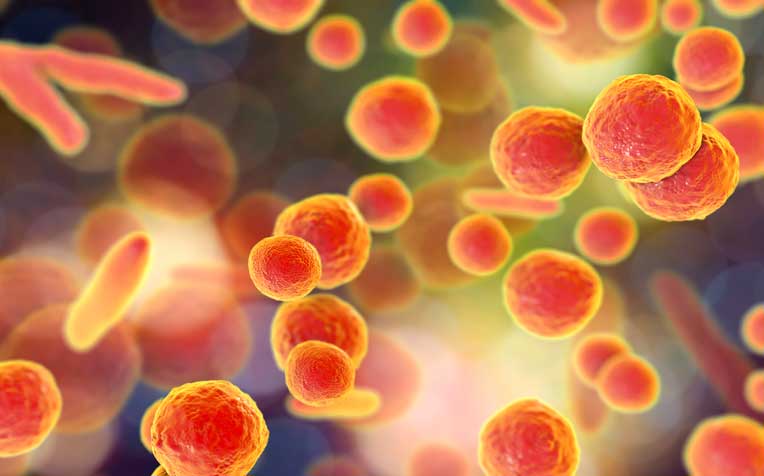
Outbreaks of mycoplasm pneumonia can happen all year round.
Mycoplasma pneumonia (walking pneumonia): How to treat
In temperate countries, outbreaks of mycoplasma pneumonia (known commonly as walking pneumonia) occur in late summer and autumn, but in Singapore, there are no such seasonal outbreaks, said Clinical Associate Professor Ong Thun How, Senior Consultant, Department of Respiratory and Critical Care Medicine, Singapore General Hospital (SGH), a member of the SingHealth group.
Just like the flu, immunity to mycoplasma seems to wane after several years, said Dr Ong, adding that “recurrent mycoplasma infections are definitely possible.”
Patients who come down with mycoplasma pneumonia (walking pneumonia) need not worry about costly medical bills. There are several effective oral options for treating it, which are generally inexpensive. Many people get better without antibiotics and with ample rest, fluids and high protein food, as symptoms tend to be milder than other types of pneumonia.
Doctors may prescribe antibiotics if the symptoms are more severe. However, there is a certain risk in taking such antibiotics. While antibiotics themselves do not lower the body’s resistance, the bacteria that is naturally present in the body will become resistant to the antibiotics if used too often, making it harder to treat future infections, Dr Ong added.
With Singapore being a densely populated city, it may be impossible to avoid getting mycoplasma infection. If you develop a fever, cough or shortness of breath, seek medical help. These symptoms have many possible causes, and it is important to be checked for pneumonia before the condition worsens. Frequent washing of hands will also help to prevent the passing of germs.
Mycoplasma myths
“I can catch it on a crowded train.”
Fact: Transmission is believed to occur through close, prolonged contact, which is why it is common in schools and among siblings.
“This isn’t the flu season. I won’t catch it.”
Fact: In tropical countries like Singapore, outbreaks of mycoplasma pneumonia (walking pneumonia) can happen all year round.
“Young children are most susceptible.”
Fact: While anyone can get the disease, it mostly affects those aged five to 20.
“I’ve got the flu jab. I won’t get mycoplasma infection.”
Fact: The flu jab is not a vaccine against mycoplasma infection. At this point, there are no effective preventive methods other than good hygiene and covering your face when coughing or sneezing.
Ref: V10
Check out other articles on respiratory conditions:
COVID-19 vs the Flu: How to Tell the Difference
Pneumonia: A Leading Cause of Death in Singapore
Tuberculosis: Types, Symptoms and Risks
Contributed by

















 Get it on Google Play
Get it on Google Play